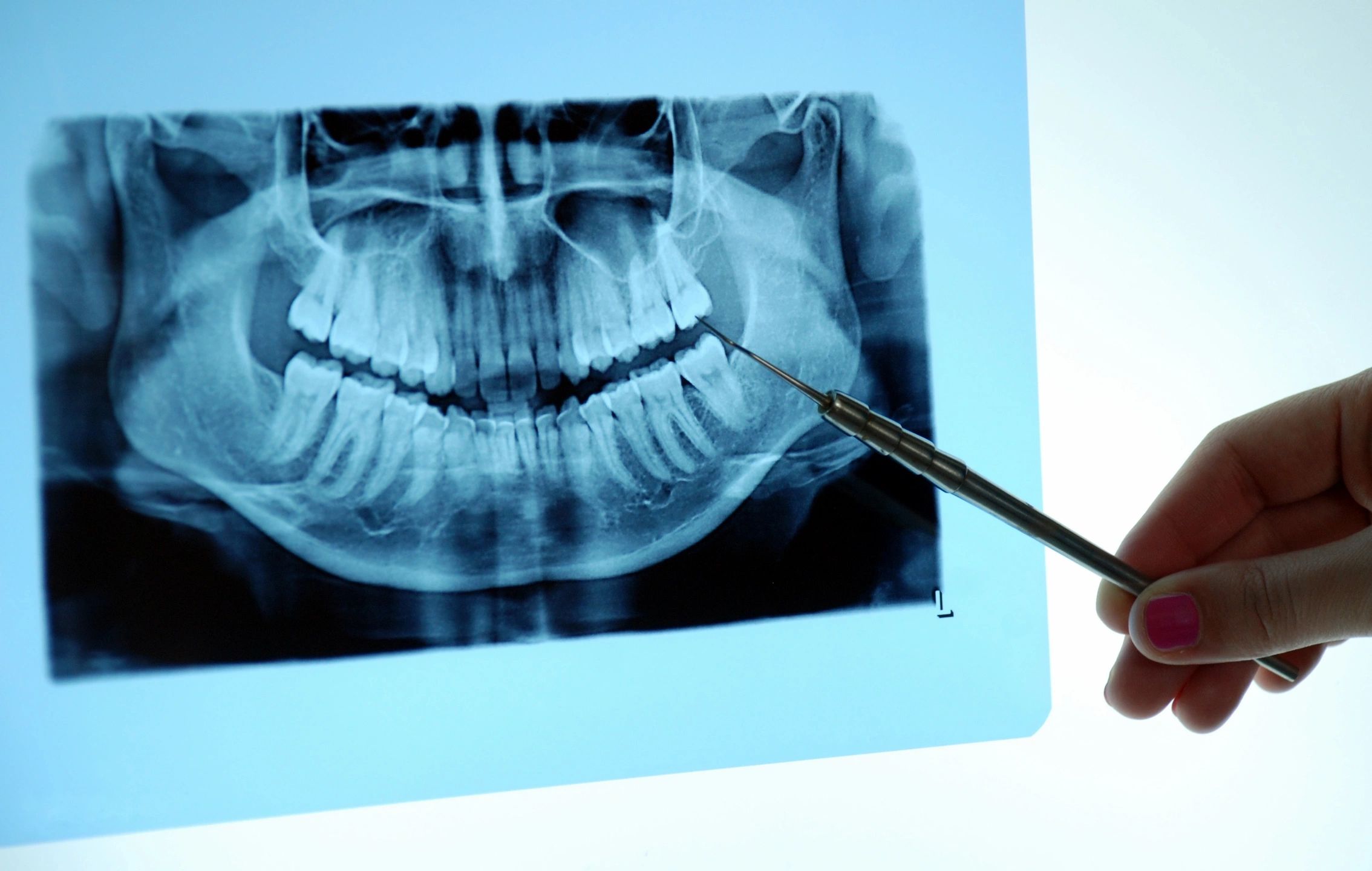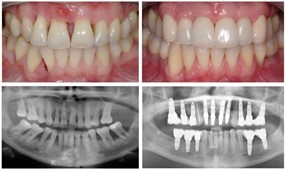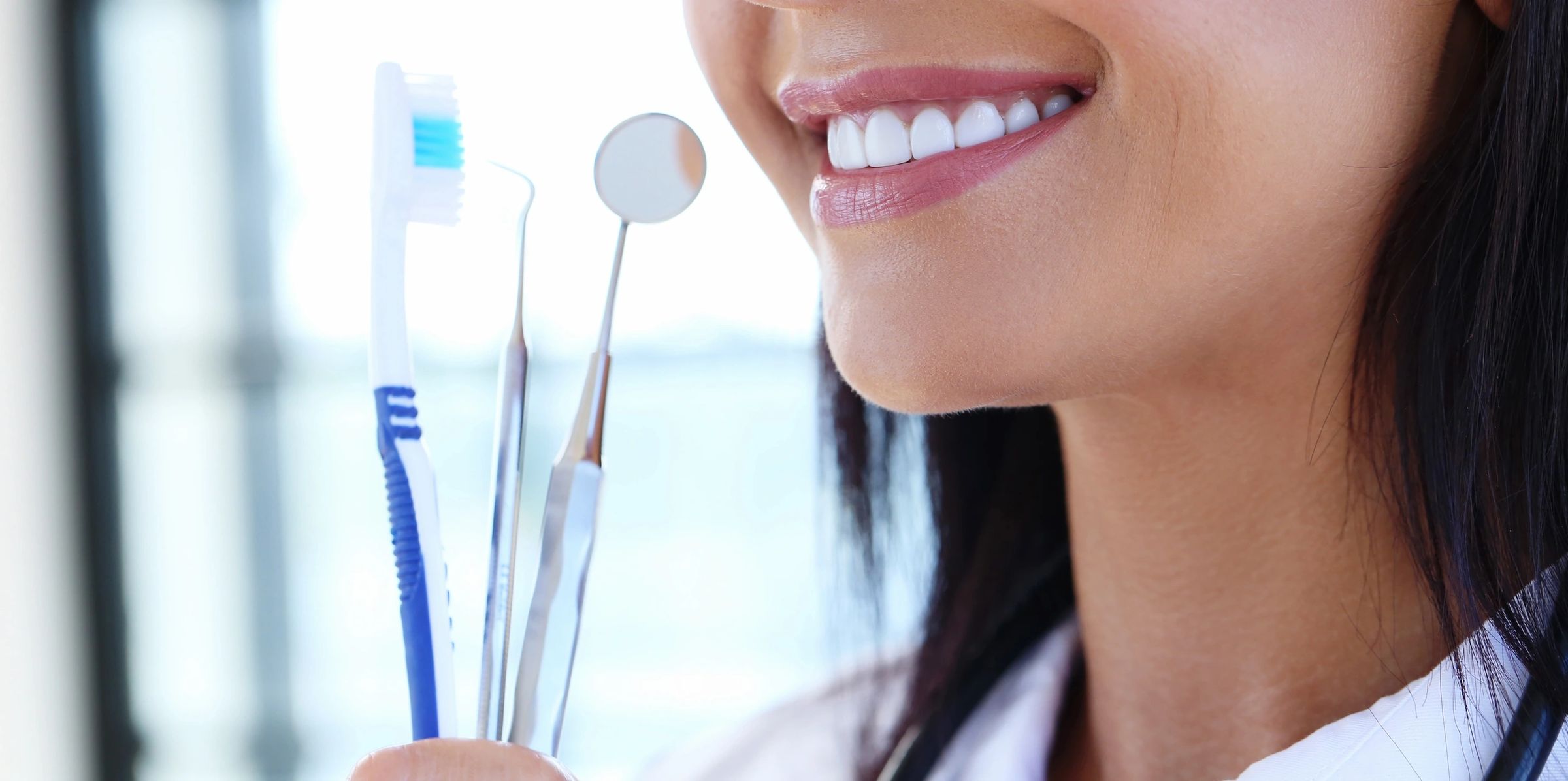Periodontal Disease and Gingivitis
Dr. Claire Arcidiacono, ND
Both gingivitis and periodontal disease are conditions in the mouth that involve an overgrowth of pathogenic bacteria. But just how are these 2 conditions related? What are the symptoms you may experience? How do you even develop these conditions? And just what can you do to reduce your risk factors and even reduce any symptoms of these oral diseases? Let us get into it, shall we?
While it is normal for our mouth to contain a certain number of bacteria, they are kept in check by the body. Several factors can disrupt this balance. This can lead to gum disease. The beginning stages or mild gum disease is called gingivitis. If this is not treated the inflammation can get progressively worse and then the gum disease will worsen to severe gum disease, or periodontitis. A straightforward way to think of this is that gingivitis is stage 1 and periodontal disease is stage 2. I know what you are thinking. That is great but Dr. Claire but WHAT is gum disease? When you have gum disease there is a film of bacteria that becomes plaque that is coating the teeth. Over time this leads to gum inflammation which then goes on to eventually cause damage to the gums and even lead to tooth loss over time.
How do you know if you may have gingivitis or periodontal disease? Gingivitis will typically have less severe symptoms than periodontal disease. These symptoms include red, swollen gums, gums that bleed when you floss or brush your teeth and sometimes just randomly. Periodontal disease will have symptoms that get worse as the disease progresses. Once again there may be red, swollen, bleeding gums. Additionally, there may be sore, sensitive gums and teeth. There may be bad breath. There may also be pain when you chew. There may also be loose teeth or teeth that change positions. Lastly you may notice that the gums are pulling away from the teeth. (1) How is gum disease diagnosed? Your dentist will check your gums for signs of inflammation and use a probe to measure pockets around the teeth. Just as an aside this may be both painful and bloody. They may also suggest x-rays to check for bone loss. (2)
How do you develop gum disease, or in other words what are the risk factors? Well to start with smoking, chewing tobacco, substance use, some medication and even certain chronic diseases such as diabetes all increase your risk. Additionally, not maintaining oral hygiene for any reason can increase your risk. For example, if you have misaligned teeth, they can be hard to properly clean. If you are not able to go to a dentist for routine dental work due to a lack of accessibility this can also increase the risk of gum disease. In my experience certain mental health disorders, such as depression, can impact proper dental hygiene practices. Genetics can also increase the risk of gum disease. Stress, as well as a lack of important nutrients can increase the risk as well. Lastly hormonal changes such as pregnancy and even puberty can increase risk as well. (1)
Gum disease can have series complications. The bacteria that is associated with gum disease can enter and travel to other parts of the body. Periodontal disease is linked to respiratory disease, RA, coronary artery disease, uncontrolled blood sugar, and both preterm and low birth weight. (3) As I said in my introductory blog periodontal disease can increase the risk of miscarriage or stillbirth. See my introductory blog on dental health for statistics on how gum disease impacts the heart.
What can you do?
- Quite smoking and eat a balanced diet.
- Brush and floss daily. Make sure to see your dentist for routine cleanings.
- Green Tea can be helpful in regulating the bacteria in the mouth. In fact, green tea has been found to help those with gum disease by reducing inflammation, reducing bone reabsorption, and even helping to limit the growth of bacteria. (5) Please see Invite’s Green Tea Tx and Hx!
- Vitamin D is important to produce healthy teeth and gums. Having healthy levels of vitamin D can reduce the risk of periodontal disease. (6) Please see Invite’s Vitamin 1000, 3000 and Immunity Hx!
- B vitamins have been found to help reduce the growth of bacteria in the mouth and thus can help to reduce the risk of gum disease. (7) Please see Invite’s Methyl-B and B complex 100.
- Vitamin K has been found in studies to help slow the progression of periodontal disease. (8) Please see Invite’s Vitamin K2 with K1.
- Probiotics have been found to improve oral health in just 8 weeks! (9) Please see Invite’s Digestive Probiotic Gummy and Probiotic Hx (available in both 30 capsules and 60 capsules)
- Olive Leaf when used in a rinse has been found to be highly effective at reducing gingivitis. (10) Please see Invite’s Olive Leaf Extract! Feel free to mix 1 capsule into water and use it as a swish and swallow.
- Oral Q10 has been found to help reduce inflammation involved in gum disease. (11). Please see Invite’s Oral Q10.
Sources:
- https://www.healthline.com/health/dental-and-oral-health/gingivitis-vs-periodontitis
- https://www.nidcr.nih.gov/health-info/gum-disease
- https://www.mayoclinic.org/diseases-conditions/periodontitis/symptoms-causes/syc-20354473
- https://www.perioprotect.com/pregnancy-periodontal-disease/
- https://pmc.ncbi.nlm.nih.gov/articles/PMC8797077/
- https://www.tracyarchdental.com/blog/5-vitamins-needed-for-teeth-and-gums/#:~:text=Vitamin%20D%20helps%20the%20body%20absorb%20calcium,your%20diet%20or%20taking%20supplements%20if%20necessary.
- https://journals.sagepub.com/doi/10.1177/00220345600390052201
- https://bmcoralhealth.biomedcentral.com/articles/10.1186/s12903-023-02929-9#:~:text=in%20the%20future.-,Conclusion,in%20community%20oral%20health%20prevention.
- https://pmc.ncbi.nlm.nih.gov/articles/PMC10534711/
- https://djm.uodiyala.edu.iq/index.php/djm/article/view/896#:~:text=Results:%20After%205%20weeks%20of,CRP%2C%20ALP%2C%20and%20TP.
- https://www.rdhmag.com/patient-care/article/55240618/the-antioxidant-advantage-coq10s-role-in-fighting-gum-disease








